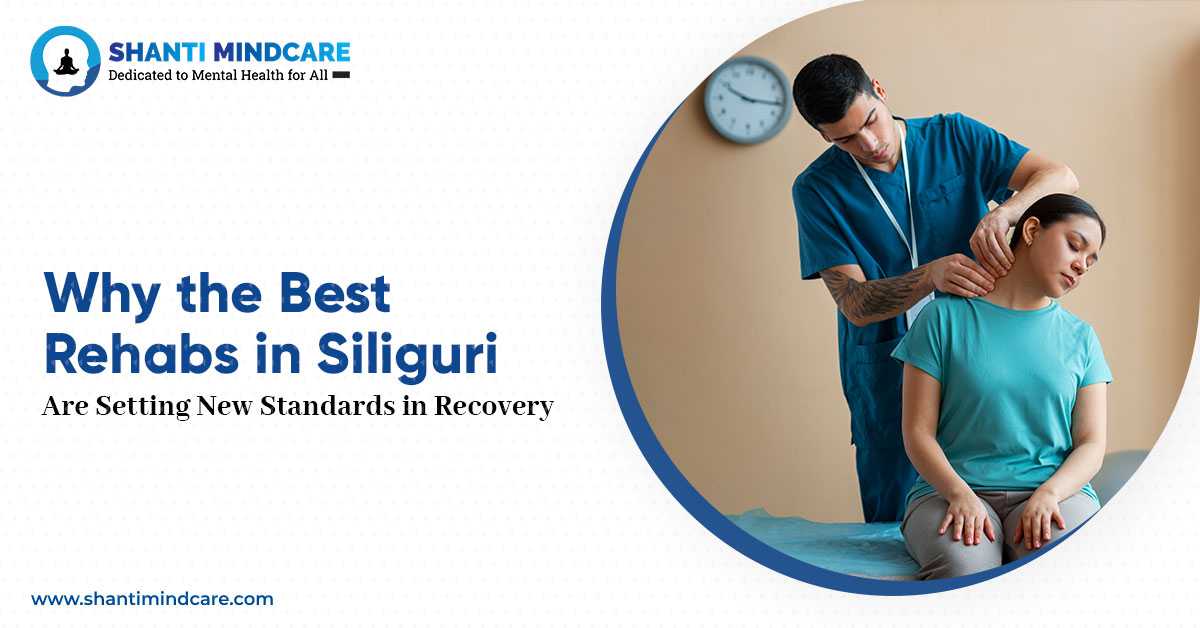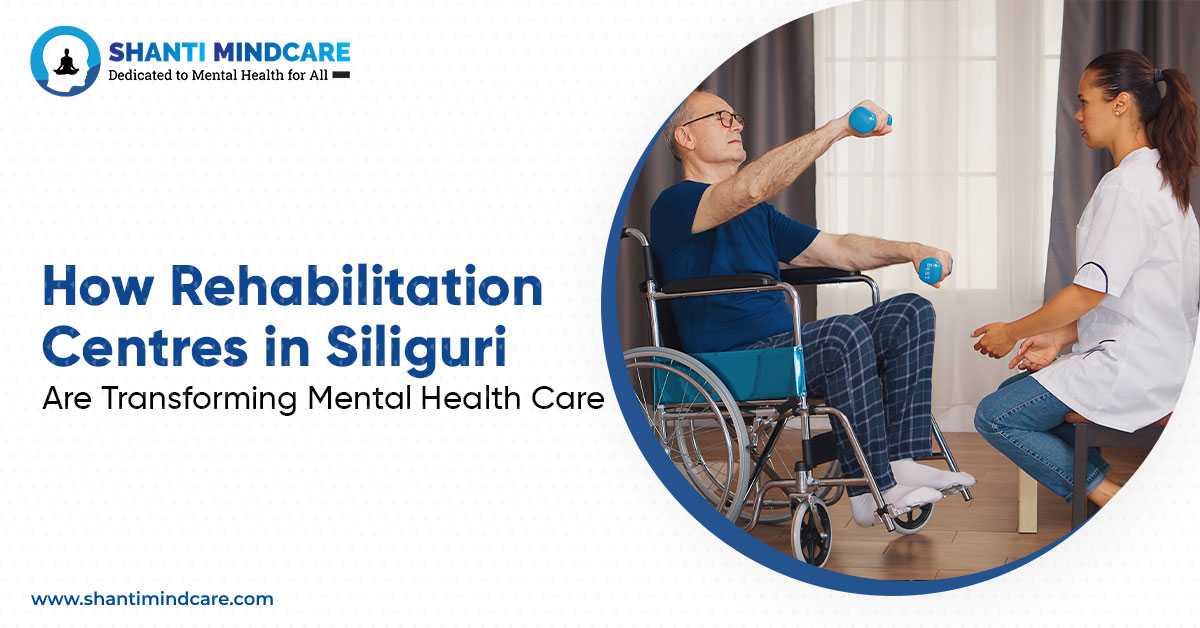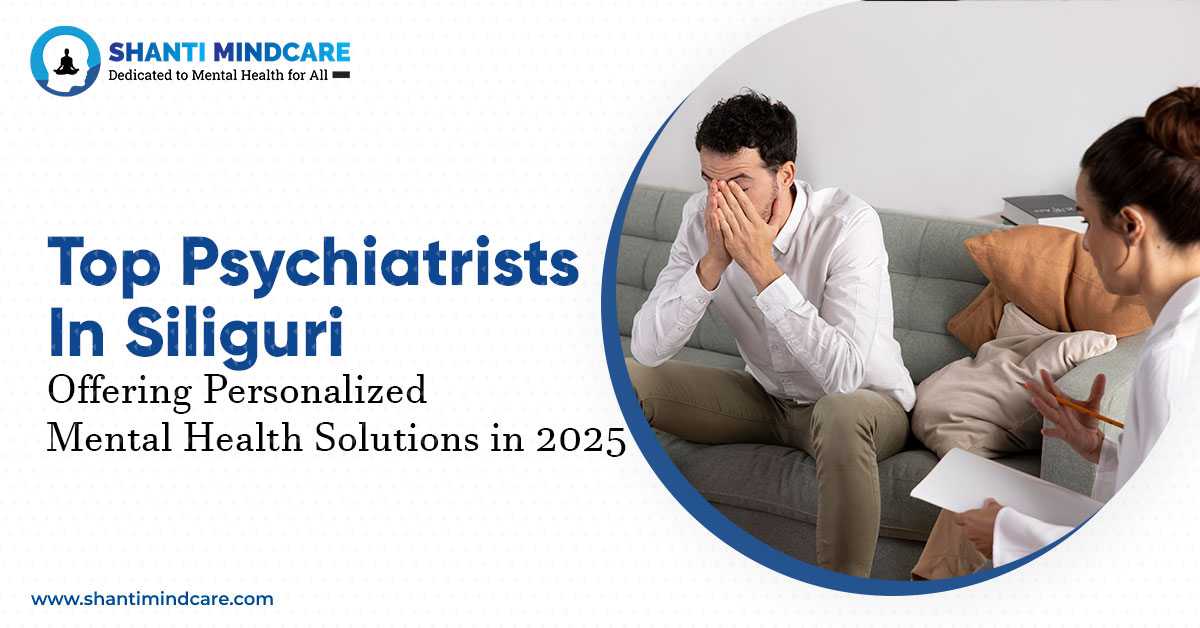Hallucinations are not just seeing, or hearing something that doesn’t have physical existence. It is way more than that. This medical condition interferes with life to a great extent. These are the sensory experiences formed in an individual’s mind seem real to him only.
Delusions and hallucinations may coexist but are not the same. In simple words, delusions are false beliefs. There are many mental health conditions that can result in hallucinations. Talking to a mental health specialist at the best psychiatric hospital in Siliguri can be of great help.
Here’re the five common causes of hallucinations:
Schizophrenia
Much remains unidentified about what exactly causes schizophrenia. It’s a mental disorder that alters the way a person interprets reality. A person with schizophrenia can have hallucinations, disordered thinking, delusions, disordered speech, lack of emotion, loss of ability to feel pleasure, unpredictable agitation, trouble sleeping, depressed mood, lack of motivation, etc.
Medications, individual therapy, family therapy, social skill training, rehabilitation programs, and electroconvulsive therapy help improve the condition. One may not require all sets of schizophrenia treatments.
Epilepsy
Epilepsy refers to a disorder in the central nervous system leading to abnormal brain activity, seizures, unusual sensations, loss of consciousness, et al. Temporary confusion, fear, experiencing déjà vu, jerking movements, anxiety, a staring spell, muscle stiffness, impaired awareness, loss of muscle control, are common signs of epilepsy. Medical care offers medications, therapies, and surgery.
Parkinson’s Disease
Parkinson’s disease is a brain disorder leads to uncontrollable shaking, poor coordination, stiffness, difficulty balancing, etc. It’s a progressive condition. Thus, initial symptoms tend to remain insignificant. If the condition stays unmanaged can result in smell dysfunction, pain, bladder issues, constipation, fatigue, sleep problems, swallowing problems, trouble thinking, emotional issues, hallucinations, and so forth. Treatments include medications, deep brain stimulation, etc.
Alzheimer's Disease
Alzheimer’s disease is a progressive brain disorder accounts for impaired memory and mental functions. Memory loss is the classic sign of this condition that comes with other signs like difficulty thinking, problems with reasoning skills, trouble making decisions, issues with performing familiar tasks, anger, depression, wandering, mood swings, etc. Medications, forming a supportive environment, a nutritional diet, lifestyle modification, and exercise help heal this brain disorder.
Migraine
Migraine is a common type of headache may vary in intensity. It may cause nausea, vomiting, increased urination, constipation, visual phenomena, difficulty speaking, temporary vision loss, sensitivity to light, sound, smell, etc. In post-drome migraine, one has a migraine hangover. Did you know women are more likely to under migraine? Plus, family history might increase its risk.
Alcohol, smoking, bright/flashing lights, loud sounds, strong smells, sexual activity, stress, caffeine, wine, hormonal fluctuations in women, food additives, and skipping meals can trigger migraine. Visit the best psychiatric hospital inSiliguri.
Possible treatments for migraine involve medications, lifestyle modifications, fluid balancing, regular yoga/exercise, quality sleep, acupuncture cognitive behavioral therapy, and so on. Consulting a doctor upon experiencing hallucinations is important. Help your loved one visit a psychiatrist or first aid, see a general physician immediately.




